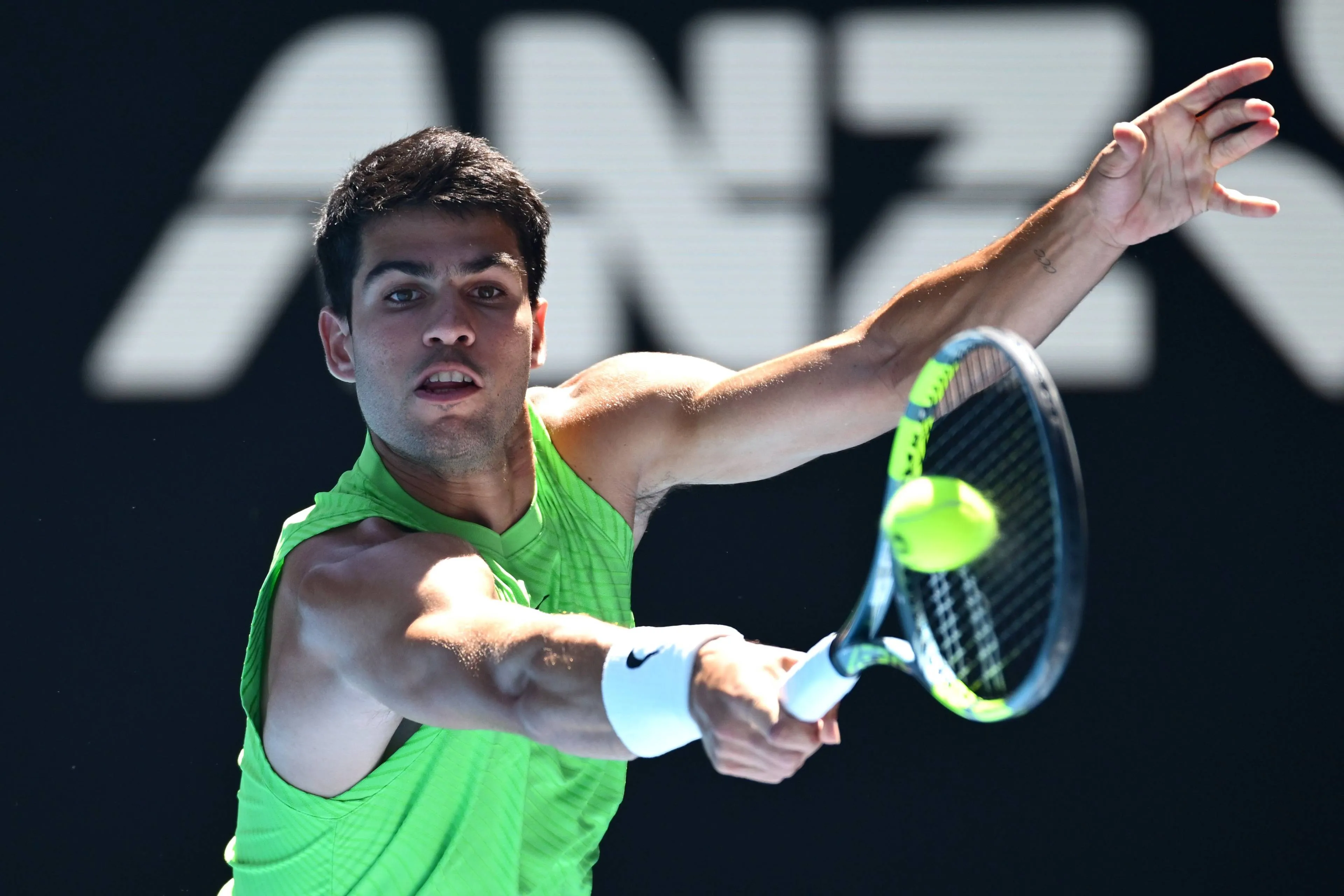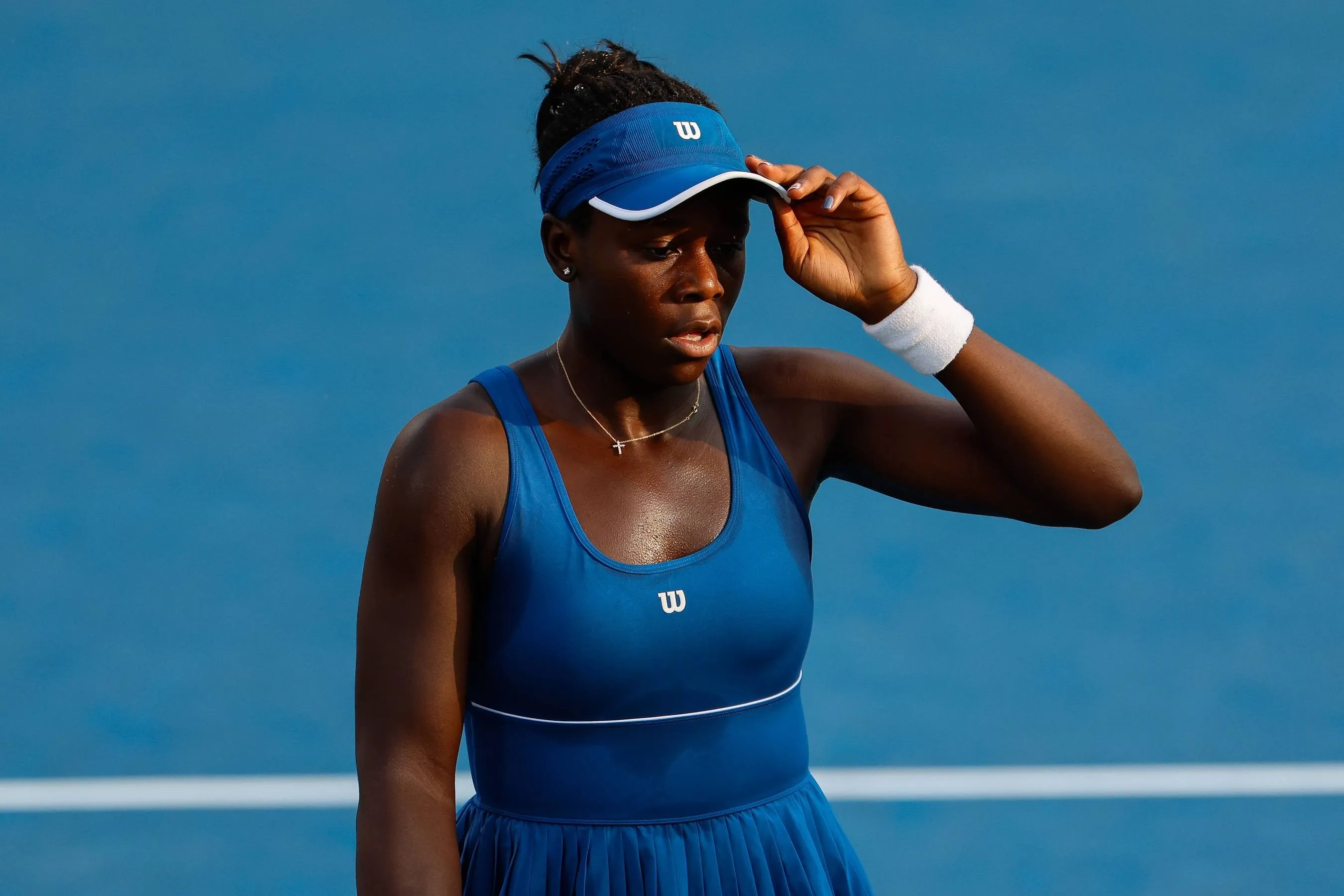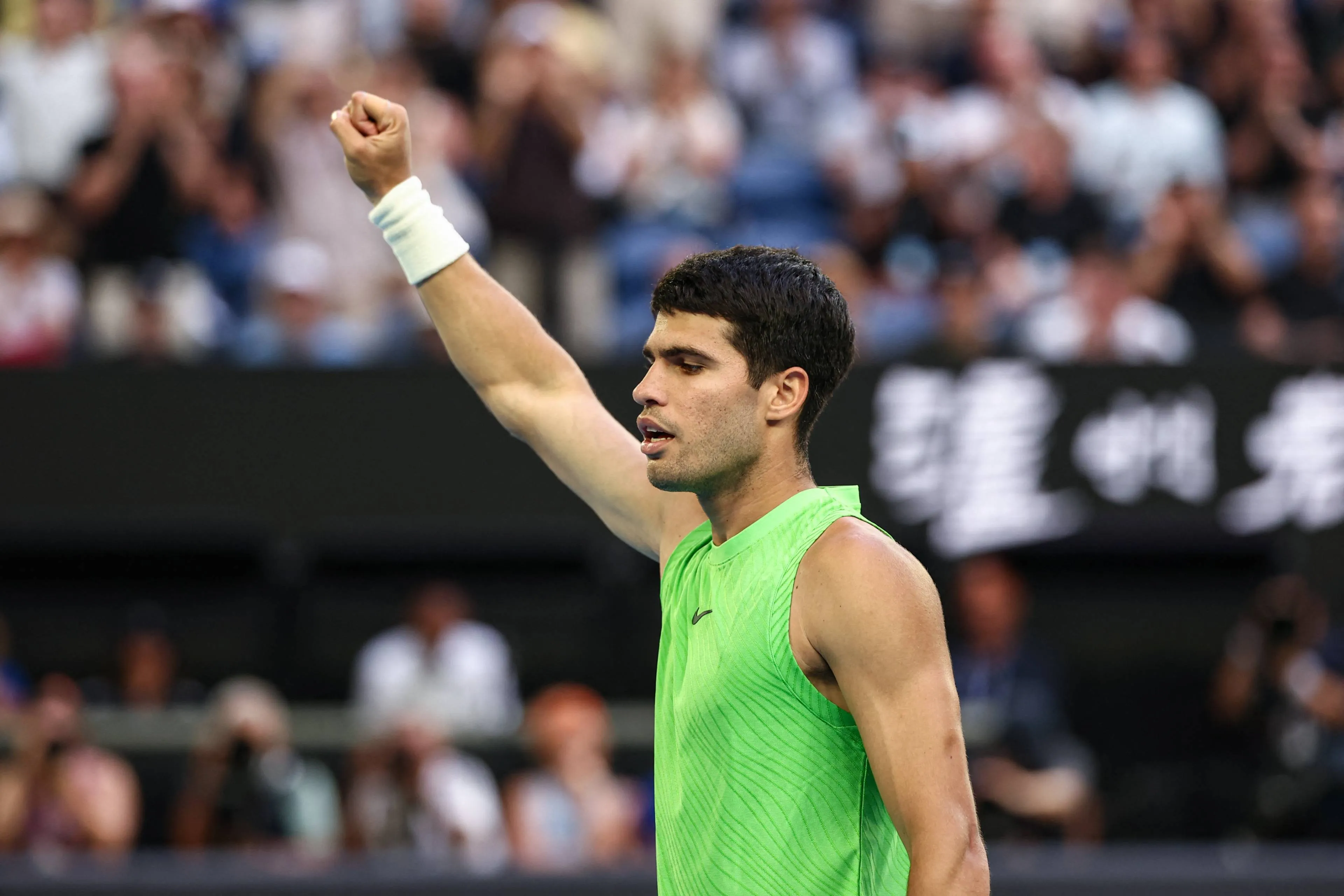Roddick 'Would Not Have Blinked' If Sinner Had Been Suspended For Six Months
ATPFriday, 04 October 2024 at 01:45

Andy Roddick has said he does not disagree with those who feel Jannik Sinner should have been suspended after his positive tests for a banned substance.
There was uproar among some fans and players after Sinner's positive tests for clostebol at March's Indian Wells Open were kept private during the five-month investigation by the International Tennis Integrity Agency (ITIA).
Sinner was eventually cleared of wrongdoing and avoided a ban, although his Indian Wells prize money and ranking points were stripped. He also did not receive a provisional suspension during the investigation, causing further controversy.
However, Sinner cannot put the saga behind him because the World Anti-Doping Agency (WADA) appealed the ITIA's verdict, feeling that a ban of between one and two years would be an appropriate sanction.
WADA did not dispute Sinner's explanation that the clostebol entered his system accidentally and without his knowledge after messages from his physiotherapist but thinks he bears more fault for that than the ITIA investigation determined.
Kim Clijsters made an appearance on Roddick's podcast and argued that WADA's appeal was harsh, explaining the various ways that players can accidentally take substances without any knowledge of doing so.
Roddick gave a more nuanced opinion on his podcast. He said Sinner did not receive special treatment after quickly submitting a formal proposal about where the contamination occurred, but the 42-year-old also said he would not have argued if Sinner had been suspended.
"You have to submit a formal proposal with confidence ‘cause that’s what your case is going to be based off of. Jannik Sinner did that which is why people are saying, ‘Well he got special treatment.'"
"No he did everything he has done so far and listen you might want him to get suspended, I don’t disagree with you. I said during the US Open, if they had suspended him for six months I wouldn’t have blinked, like I understand that we have some responsibility for our team and our surroundings."
Read also
The 2003 US Open champion explained that Sinner did not have to stop playing during the investigation because he swiftly and successfully found the source of the contamination, which gives players more leeway.
"In all of these cases, if you’re organised enough to know, to figure out what the source of claiming ‘no fault, no negligence,’ the source of the substance, you have like a 48 hour shot clock from when you're notified."
"Talk to your team, talk to everyone else, get to know the problem to solve the problem, which Jannik Sinner did with it within that 48 hour period which is why he has gotten some time and didn't have to stop playing."
Roddick also thinks Sinner did not take the banned substance deliberately. That is not something WADA or the ITIA accused the Italian of doing, despite WADA appealing the case.
"I don’t think he did it on purpose. He did execute within that 48 hour period. He got his ducks in a row, and submitted his case. He was able to move very quickly in a very organised fashion with a bunch of fancy lawyers. This isn't a tennis issue if you can afford a fancy lawyer you normally get to a result faster and softer."
Read also
Loading








